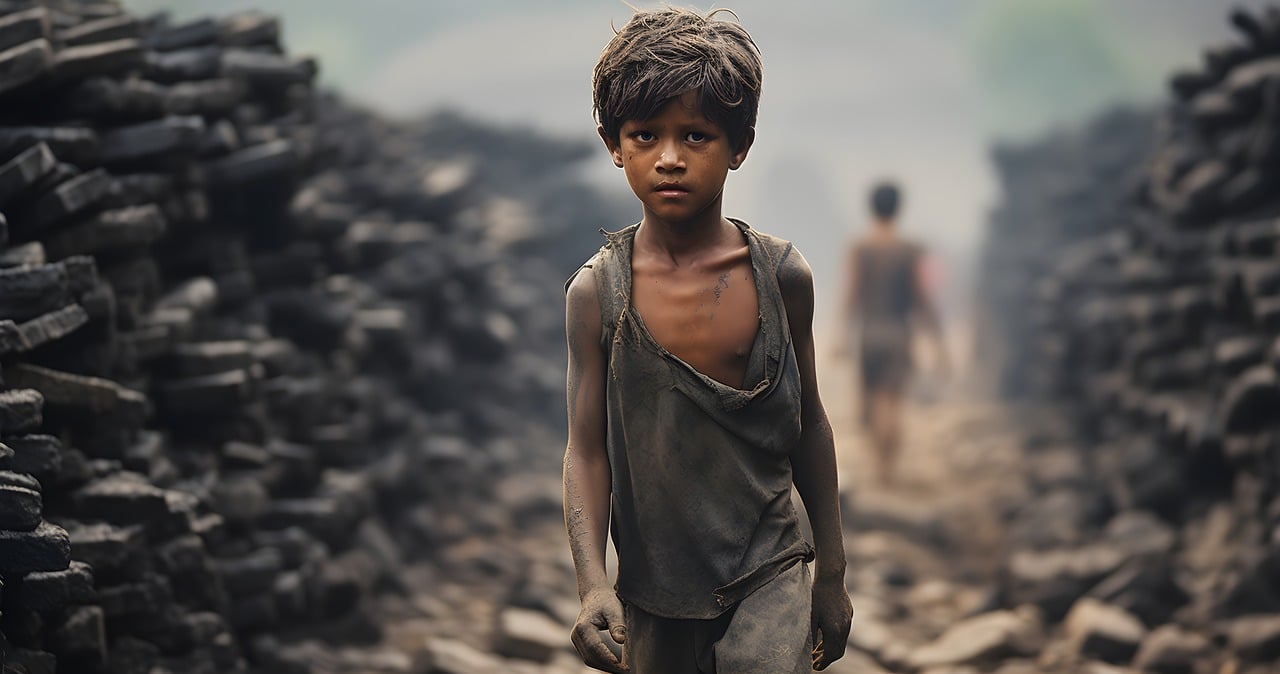In a significant legal decision, the U.S. Court of Appeals for the District of Colombia has absolved five major technology companies—Apple, Alphabet Inc. (Google’s parent company), Dell, Microsoft, and Tesla—in a case concerning their alleged involvement in supporting child labor in cobalt mining operations in the Democratic Republic of Congo (DRC).
The case, brought forth by 16 plaintiffs including former miners and legal representatives of child miners, accused the tech giants of “knowingly benefiting from and aiding and abetting” the use of child labor in cobalt mining in the DRC. The plaintiffs claimed that the defendants were aware of human rights violations within the cobalt mining supply chain in the DRC.
Despite the allegations, the appeals court ruled in favor of the tech companies, asserting that their involvement with suppliers in the DRC amounted to no more than an “ordinary buyer-seller transaction.” The court emphasized that issuing an injunction against the tech companies would not address the root causes of labor trafficking in the DRC, as multiple actors beyond the companies perpetuated these violations.
Cobalt, a critical mineral used in rechargeable batteries for electronic devices and electric vehicles, is predominantly sourced from the DRC, which holds over 70% of the world’s cobalt reserves. However, human rights organizations have documented severe abuses within the DRC’s cobalt supply chain, including forced evictions and exploitation of miners.

The ruling raises questions about corporate responsibility and accountability in global supply chains, particularly concerning the ethical sourcing of minerals essential to modern technology. While the tech companies may have escaped legal liability in this case, it underscores the need for greater transparency and oversight to ensure that supply chains are free from human rights abuses.
Efforts to address child labor and labor trafficking in the DRC’s cobalt mining industry require a multi-faceted approach involving collaboration between governments, corporations, civil society organizations, and local communities. This includes implementing robust due diligence measures, promoting fair labor practices, and supporting sustainable development initiatives in mining regions.
As the demand for cobalt continues to grow with the proliferation of electric vehicles and electronic gadgets, stakeholders must prioritize ethical sourcing practices to prevent further exploitation of vulnerable communities in resource-rich but economically challenged regions like the DRC.
This ruling highlights the complexities and challenges of addressing human rights violations in global supply chains and underscores the importance of collective action to uphold human dignity and promote responsible business practices. As consumers, we have a role to play in advocating for transparency and accountability in the products we use and the companies we support.
Related: Apples Potential Partnership with Google Gemini AI Sparks 4% Surge in Alphabet Shares
